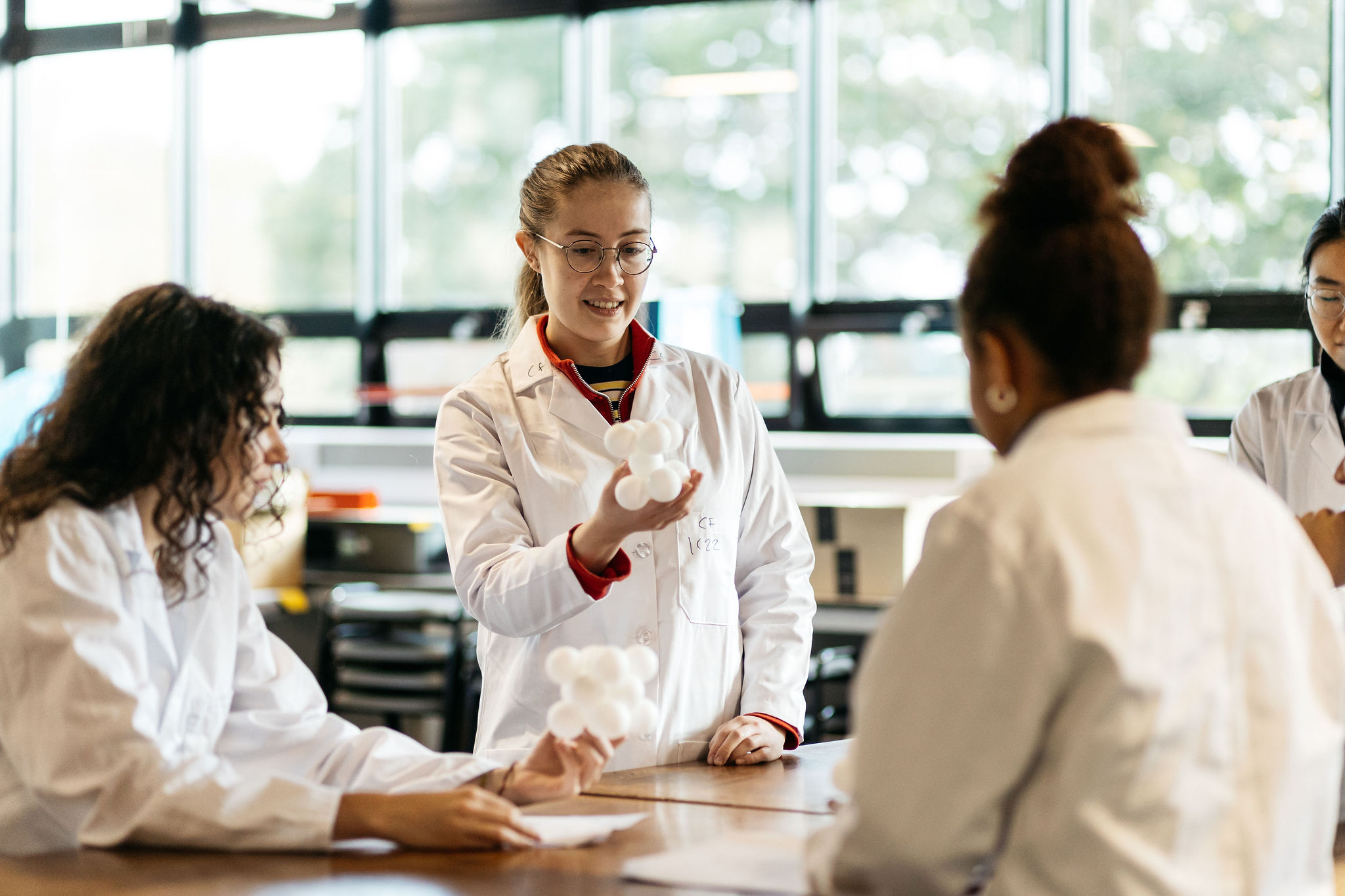
By Daniel Cottle
Associate Professor of Secondary Education (Physics), University of Birmingham
COP28 has come to a hopeful close with countries agreeing to “transition away from fossil fuels in energy systems”. One important energy system of relevance to all of us as we cope with high energy prices and the onset of winter is how we heat our homes. According to a report from the UK parliament energy and industrial strategy committee in 2022, 17% of the total carbon emissions of the UK (equivalent to all of the petrol and diesel cars on the road) come from heating the home. In this post I want to argue that educating children in school about ways we can change the heating in our home from gas boilers to air source heat pumps can be a way to address climate anxiety and empower them to take climate action.
Over the past 20 years I have witnessed a growing anxiety in young people about how climate change will affect their future lives coupled with frustration that politicians and adults in general do not seem to be taking these worries as seriously as they do. This anecdotal feeling is supported by a recent international survey of 10,000 16-25 year olds that found that nearly 60% are very or extremely worried about climate change. I am glad that young people’s voices have been more prominent at COP28, but I am myself anxious that their specific suggestions are often overlooked as politicians race to praise their enthusiasm.
For example in 2022, a pupil group suggested amendments to the Education Act in England that would ensure that “children should be taught climate change in more depth and in all subjects”. Sadly, this has not yet been acted upon and the national curriculum in England has remained unchanged. I could not agree more with this proposal though. As a teacher I know that an effective curriculum is one that engages with the genuine concerns of children and equips them to be empowered citizens in the future. I suggest that the current national curriculum in science neither engages with children’s concerns or equips them to be empowered as it is left behind by the rapid pace of development of technological mitigations to climate change. One important example of this new technology that I think should be part of the national curriculum for every child to learn about are air-source heat pumps for home central and hot water heating. Current plans are for new domestic gas boilers to be banned in 2035 (only 11 years away…). Air source heat pumps are therefore a key part of the UK government’s net zero strategy by replacing fossil fuel burning gas boilers in homes with electrically powered heat pumps. The key advantage being that the electrical power can come from renewable sources. As the current and future generations of secondary age pupils leave school, enter the workforce, and move into their own homes they will be the decision makers about upgrading current boilers, but at the moment they receive nothing compulsory in their education about this fascinating, well-proven technology based on the science of thermodynamics.
As well as not informing children of a tangible way that they can take action on decarbonisation in their own lives, the lack of education about heat pumps may lead to other problems. Already there are a growing range of employment opportunities in the heat pump industry. Manufacture, maintenance and installation of heat pumps is ramping up to meet the expected demand and this could be a meaningful career for a lot of young people – if they knew about it. Already there are also unscrupulous vendors of heat pumps making dramatic and misleading claims that are putting off consumers who feel ill-informed about the potential benefits to them, the climate and their finances.
So, my question is, why not include heat pumps in the national curriculum for science? Perhaps some people believe the physics of their operation is too complex for children to understand? I disagree. Myself and a physics teacher ran a project recently (with support from a Royal Society Partnership Grant) in a local school to engage a group of pupils in the issue of energy efficiency and how to compare different ways of heating a home. This culminated in investigating the efficiency of a small air-source heat pump by simply measuring the electrical energy input and heat energy output. This was done in a safe way that could be easily repeated in any school science laboratory and understood at an appropriate level for 14-16 year olds within the current learning objectives of the national curriculum. For more detail read our published, open access article here. It would however require two things in short supply in schools at the moment: time and money. The equipment costs around £400 (for comparison this is about the same as one and a half school laboratory electrical power supplies) and would need an hour’s lesson to run. In my view both of these are worth it to engage and empower young people to take action on climate change through education.
- Find out more about Daniel Cottle
- Back to Social Sciences Birmingham
The views and opinions expressed in this article are those of the author and do not necessarily reflect the official policy or position of the University of Birmingham.
